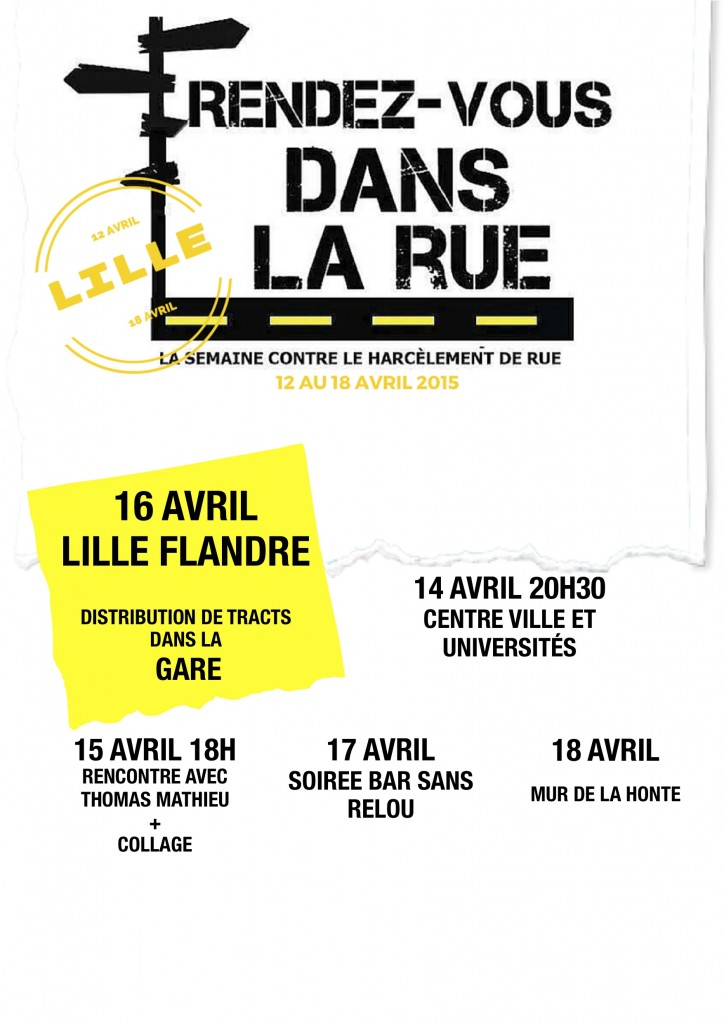Kathleen Moyer, Philadelphia, Pennsylvania, USA, SSH Blog Correspondent
 “Why don’t we get off the bus right here and go get something to eat?” said the man sitting next to me, who had been harassing me since he got on the bus.
“Why don’t we get off the bus right here and go get something to eat?” said the man sitting next to me, who had been harassing me since he got on the bus.
“No,” I responded immediately for what must have been the fifth consecutive time. When I looked out the grimy bus window at the surrounding area, I noticed there were no restaurants in clear sight and doubtfully wondered whether he really wanted me to get off the bus so he could take me somewhere to eat. Before he got off at his stop, he asked for my number. When I wouldn’t give it to him, he gave me his instead, leaning over me to make sure I was saving it in my phone. I guess he wanted to be sure that I had it, just in case I changed my mind and decided that his incessant remarks about my appearance were actually charming.
This was the first time that I experienced harassment on public transportation. Seeing as I live in a large city and don’t yet drive, I rely on public transportation often. Unfortunately, since that first incident, I’ve learned that harassment on public transportation is something that’s simply expected, especially if you’re a woman. Recently, I asked other frequent public transportation users I know about their experiences with harassment.
“The conversation started out normal, but then he started asking me uncomfortable questions,” one woman began. “He said that he had a wife that he didn’t live with anymore and some grown children, and asked if I’d like to come with him to a hotel for sexual interaction…I told him no thank you and how he should be loyal to his wife, but he kept insisting and told me he’d even pay me for my time, because in Russia, that’s what he used to do. He then put his hand on my thigh, and then I stood up and moved to another seat on the bus to get away from him.”
Another woman I spoke to shared an experience in which she was harassed by a clearly intoxicated man who should not have been on the bus in the first place. “I was on the bus leaving work…I started eating a hoagie and this drunk guy in the row next to me started moaning and making obscene gestures at me. Then he moved to the seat next to me and said ‘Do you want to play?’ and reached out to grab me. Before he could, I yelled ‘Get away from me!’ and luckily that was enough to make him run out of the bus before anything else could happen.”
Fortunately, this woman, as well as another woman I spoke to, was able to scare off her harasser. I assume that the harassers ran away in these instances because they were taken by surprise. After all, we’re taught to simply ignore harassers on buses and trains, because sadly, that’s usually the safest and easiest response. I believe that harassers know this and try to take advantage of it. That’s why they sometimes act in such a cowardly manner when their victims respond in a way that deviates from what they’ve come to expect. However, victims of harassment shouldn’t be solely responsible for addressing the issue.
Thankfully, some transit authorities have taken action to fight harassment, with Boston’s transit authority leading the way in 2008 and Chicago in 2009.
* Since 2012, Stop Street Harassment and Collective Action for Safes Spaces have worked on a campaign with the Washington, DC area transit authority that includes PSAs, an online reporting portal, and training for frontline employees.
* In 2014, the New York City Metropolitan Transit Authority created a webpage through which victims of harassment would be able to anonymously report incidents and submit photo evidence.
* Transport for London launched a campaign called “Report it to stop it” in April of last year. As the name suggests, the goal of the campaign was to encourage more people to report instances of harassment.
* A similar campaign called “Speak Up” was developed in Los Angeles, in October of last year.
* Also last fall, the French government launched a campaign in which public transportation lines were plastered with posters printed with sexual remarks typical of those frequently heard on public transport lines. The bottom of the posters say, “A woman’s life should not look like this.”
While these efforts are promising, the problem seems to still remain unaddressed in most areas, allowing harassment to continue to be seen as an intrinsic part of using public transportation. Perhaps public transportation companies know that most people who use their services do so because it’s their only method of transportation; the fact that these companies won’t lose customers could be a factor in them not prioritizing the issue. Perhaps local governments are not aware of how prevalent the problem is. No matter what is preventing the problem from being addressed, it must change immediately. No one should feel threatened anytime they travel via bus or train and unwanted sexual behavior should not be a normal part of someone’s daily commute.
As the posters in France say, a woman’s life should not look like this. No one’s life should look like this.
Kathleen is a full-time graduate student studying professional and business communication. She plans initiatives to increase awareness of sexual assault, domestic violence, and other related issues through her university’s anti-sexual violence group, Explorers Against Sexual Violence.



